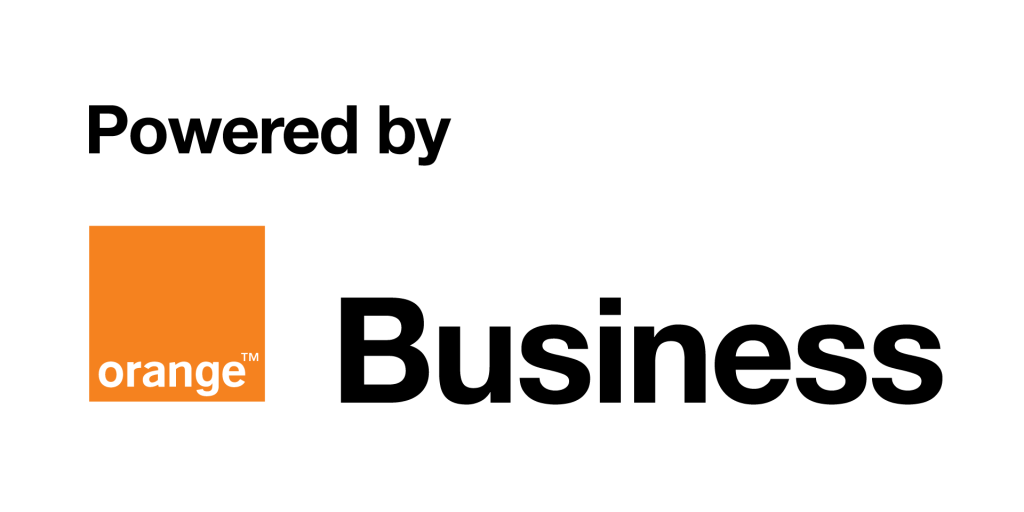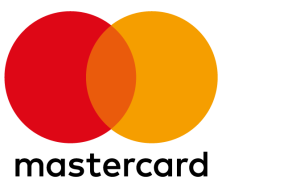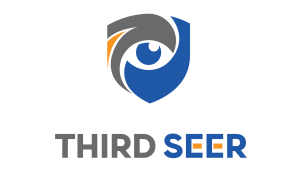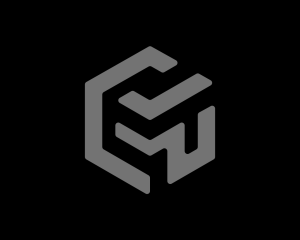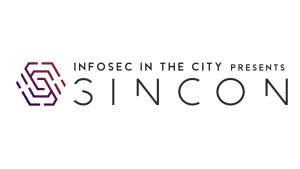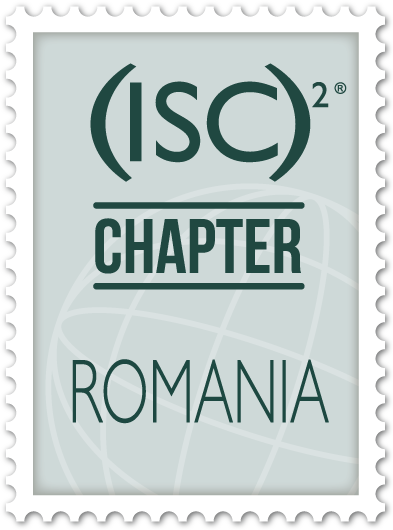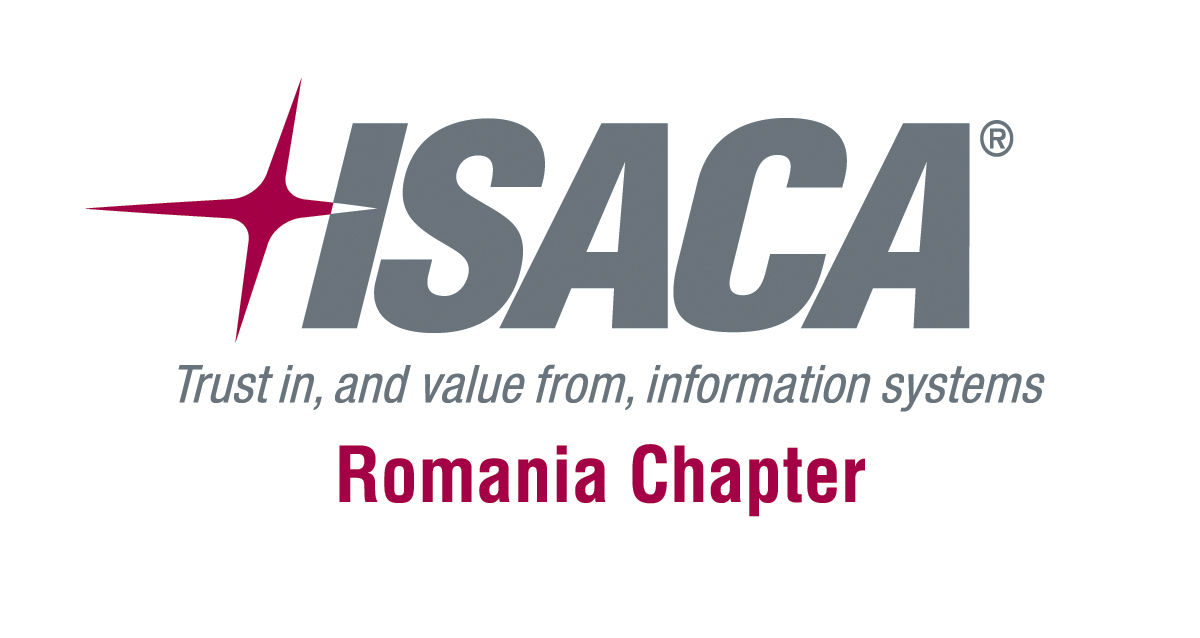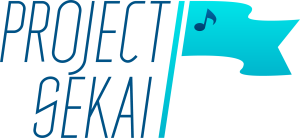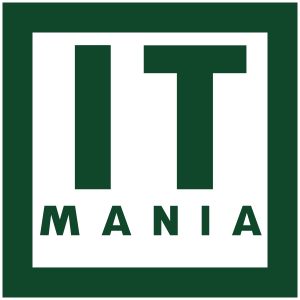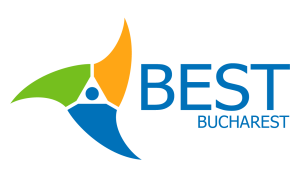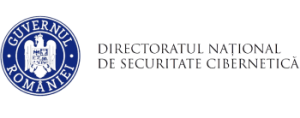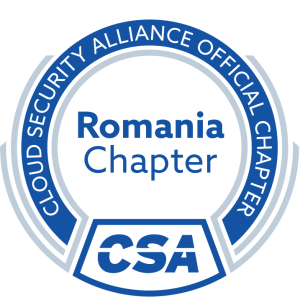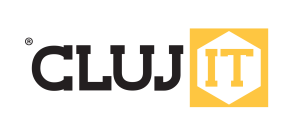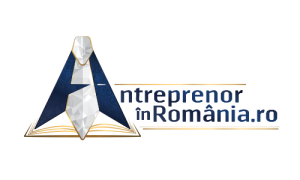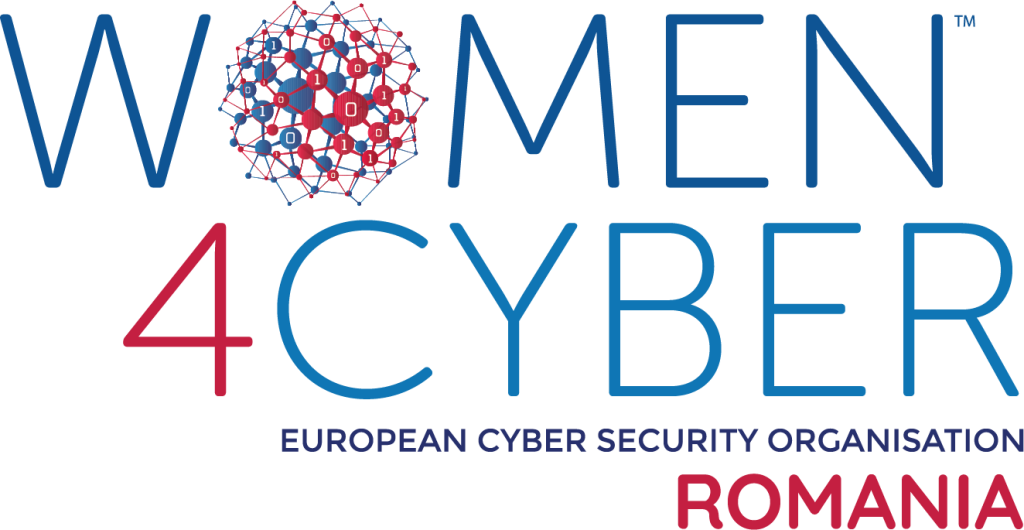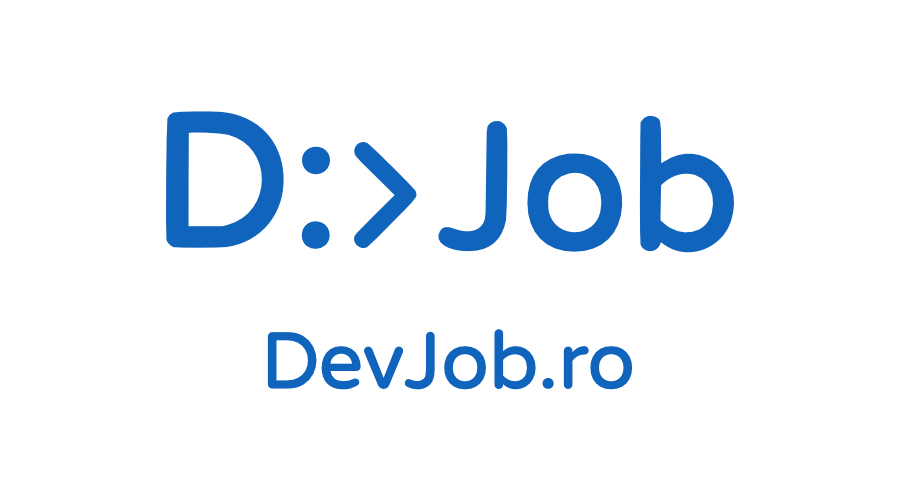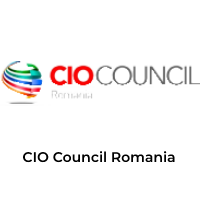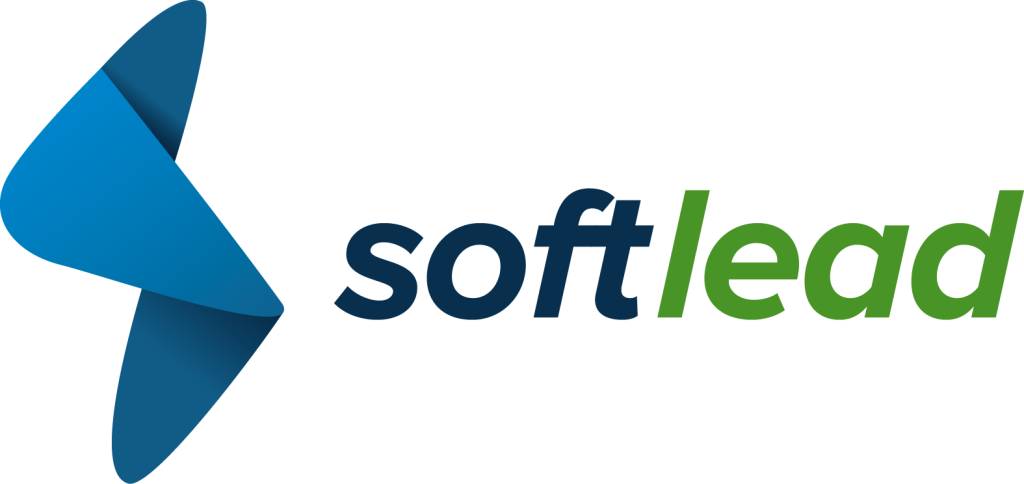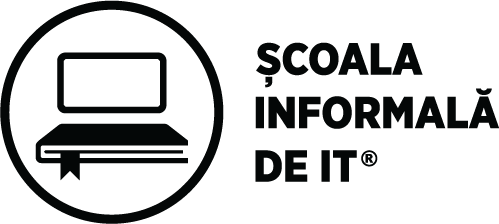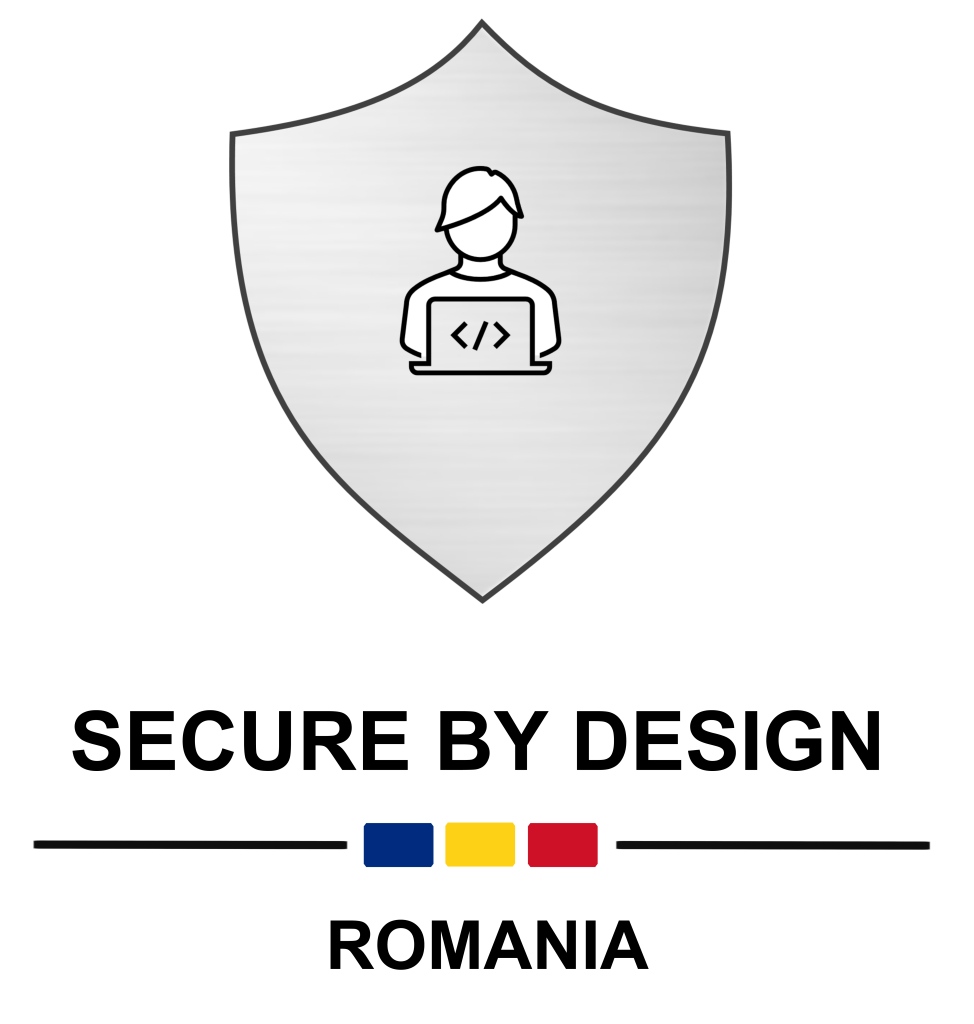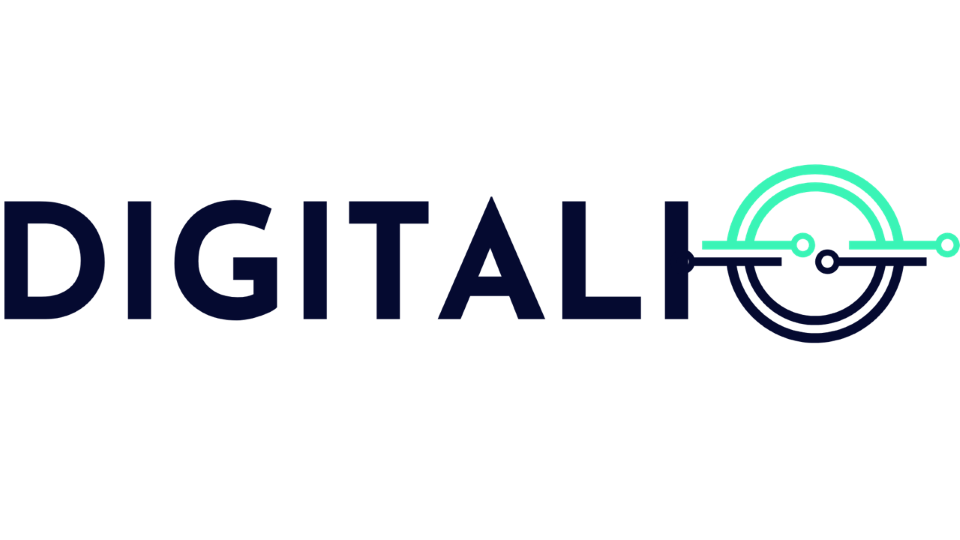Tobias Mueller
Volunteer hacker GNOME
BIOGRAPHY
Tobias is a German Free Software advocate, former member of the GNOME Foundation’s Board of Directors, and active hacker in the German (Hamburg, to be exact) Chaos Computer Club. He acquired a Masters degree in Security and Forensic computing from Dublin, is now working for Huawei’s Applied Cryptography team, and loves to build and break stuff.
Functionality, Security, Usability: Choose any two. Or GNOME.
How GNOME pushes the envelope to provide a safe computing environment
GNOME is a desktop that cares about its users and their freedom. To be free also includes to have the freedom to use your computer without having to fear of getting compromised or anyone listening to your communication. This talk shows how GNOME takes tries hard to put the user back into the control seat regarding security and privacy.
GNOME 3.22 has been released in September. With that release, many visible improvements will be delivered to users around the world. While many people already excitedly use the new GNOME 3 user experience, some features of the desktop like the integration of containerisation or management of privacy related data are not yet wildly known.
In this talk, you will see examples of how GNOME tries to give you back control over your computing. Firstly, we have Flatpak, the containerisation of desktop apps. With Flatpak, users can sandbox their applications while still having them integrated into their desktop, e.g. have them started like native apps, have them print documents, or open and save files. This level of integration make it arguably more complex than, say, using Docker or rkt to run your applications. Secondly, GNOME tries to address the problem of signing OpenPGP keys. Currently, that is a tedious process with many things that can (and will) go wrong. Finally, a prototypical protection against malicious USB devices is shown. Do you know when you use your USB? And when you don’t? And, more importantly, when someone uses your USB? We present an approach which may be well suited for preventing abuse of your computing.
First, this talk will introduce to some of the design philosophies inherent in GNOME 3 as well as the main changes brought to users and developers. Also, since GNOME 3.20 is another step of a long lasting incrementally improved user experience, the future of GNOME’s development will be speculated on.
The keysigning problem helps to strengthen the Web of Trust which is the decentralised PKI in the OpenPGP world.
It depends on people participating by signing other people’s keys.
However, when following best practises, the act of signing a key involves secure transfer of the OpenPGP key which contemporary casual key signing protocols for small groups address by exchanging the fingerprint of the key to be signed.
The key will then be downloaded over an untrusted channel and the key obtained needs to be manually verified.
We will see a novel approach to signing keys which makes it easy to sign a person’s key.
It enables very small groups of people to casually hold very small key signing parties.
The key idea is to automatically authenticate the key material
before the transfer via a secure audible or visual channel.
A Free Software implementation of the protocol will be shown and people are invited to sign their keys 🙂
USB is ubiquitously used to connect peripheral (or not so peripheral) devices with a host. The attacks on operating systems and applications are growing and we will see a way to thwart many attacks without compromising on usability. This serves as a good example of how to draw the line between functionality, usability, and security for a security mechanism that is intended to be massively deployed.
Are you the next cyber security superstar?
If you are passionate about an information security topic or you have strong technical skills developing researches on your own, you should definitely Apply at Call for Papers. By submitting you will have the chance to showcase your work to +2000 attendees.
Other speakers joining this year
Bryson Loughmiller
Information Security Engineer Adobe
Mark Felegyhazi
Co-founder avatao
Inbar Raz
Principal Researcher PerimeterX Inc.
Ready for this year's presentations?
By registering you will unlock access to 60+ speakers and two full days with cyber security news & showcases from worldwide leaders.
COMPETITIONS
Sponsors & Partners
They help us make this conference possible.
POWERED BY
Orange Business is a key division of Orange Romania, specializing in providing cutting-edge communication, technology, and digital transformation solutions tailored to businesses of all sizes. With a strong emphasis on innovation, Orange Business offers a wide array of services, including high-speed connectivity, cloud computing, cybersecurity, Internet of Things (IoT), and managed services. Their mission is to support organizations in their digital transformation journey by enhancing operational efficiency, improving customer experience, and maintaining a competitive edge in a rapidly changing digital environment.
Orange Business combines deep technological expertise with a customer-centric approach, ensuring that each solution is customized to meet the specific needs of their clients. Their commitment to innovation and excellence makes them a trusted partner for businesses seeking to thrive in the digital age.
